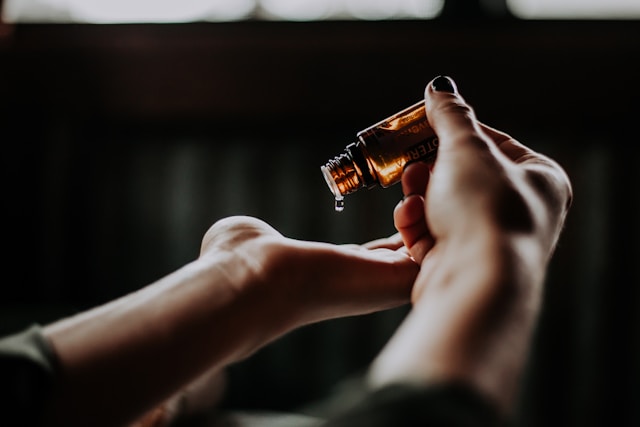
The Science Behind Massage Therapy
Many people get massages to alleviate pain, heal injuries, reduce stress, and improve overall wellness. Massage involves mechanical manipulation of the soft tissues with rhythmic strokes, kneading, tapping, and vibration.
It triggers the parasympathetic nervous system, which is responsible for the “rest and digest” response. It causes your heart rate, blood pressure, and breathing to decrease and muscles to relax.
Increased Blood Flow
A massage can increase the flow of oxygen and nutrients to tissues by dilating blood vessels and improving circulation. It may help reduce pain, fatigue, and inflammation. A massage can also stimulate your lymphatic system, a network of blood vessels that helps remove waste and other debris from the body.
Research indicates that receiving a massage therapy Cottage Grove, MN, reduces swelling and enhances the distribution of white blood cells in the body, which fight infections. Even the delayed onset muscular soreness that follows physical activity might be relieved by it.
It’s thought that the main reason why a massage can improve circulation is by relieving the tension that tight muscles cause. This tension can restrict the flow of blood to the muscles, which in turn leads to pain and stiffness. Moreover, it can lead to cardiovascular disease. Regular massages can help relieve stress and lower your blood pressure. The improved blood flow will lower your risk of heart disease.
Increased Oxygen
As massage improves circulation, it increases oxygen levels in our cells. Oxygen is a critical nutrient that allows the body to process and remove waste. When muscles are healthy and have adequate oxygen levels, they can recover faster from exercise.
Tense muscles often become inflamed and build up toxins, hindering blood flow to the muscle tissue. This blockage prevents essential nutrients and cellular waste from reaching the muscle, making it feel tired and weak. Massage encourages and increases cellular exchange, flushing out toxins and bringing in fresh nutrients to keep your muscles strong and healthy.
During massage, nerves are stimulated, which causes the parasympathetic nervous system to become activated. This system slows the heart rate and blood pressure while increasing bowel movements, salivation, and relaxation. This system also helps reduce the symptoms of chronic illness, putting you in a healthier and more positive mental and physiological state. Many people turn to massage therapy as an integral part of their wellness and healthy lifestyle.
Decreased Tension
Even while stress is necessary, prolonged stress can harm your physical and emotional well-being. Massage therapy stimulates the parasympathetic branch of the autonomic nervous system and reduces physiological measures of stress such as cortisol levels, heart rate, and blood pressure.
It is likely due to the soft tissue manipulation and the chemicals released during massage. Massage has also been shown to decrease delayed-onset muscle soreness (DOMS) and promote flexibility after exercise.
The stress reduction also increases relaxation, which can help improve sleep, which is essential to a healthy lifestyle. Research indicates that when moms massage their babies, they scream less and form a more fantastic link with their mothers. Additionally, premature babies who receive regular massages from their mothers are more likely to gain weight and develop normally. These benefits are likely due to the release of oxytocin, endorphins, and serotonin, which inhibit the production of inflammatory substances. In addition, massage can help to decrease pain and improve range of motion by inducing deep relaxation.
Improved Sleep
This discomfort can keep you awake at night, whether it’s an injury, back pain, or headaches. Nonetheless, a Time Magazine article claims that massage improves sleep quality by reducing the release of inflammatory cytokines responsible for discomfort and inflammation.
Studies have also demonstrated that massage lowers neurotransmitter P levels, preventing your body from sensing pain. The pressure applied during massage also stimulates your organs to communicate with one another via their neurological pathways, which can improve the function of both.
In addition, massage may increase your parasympathetic nervous system activity, which slows down your heart rate and lowers your blood pressure, among other benefits. It also may increase your serotonin levels, a mood-enhancing chemical that can improve your emotional state and boost your mental clarity.





